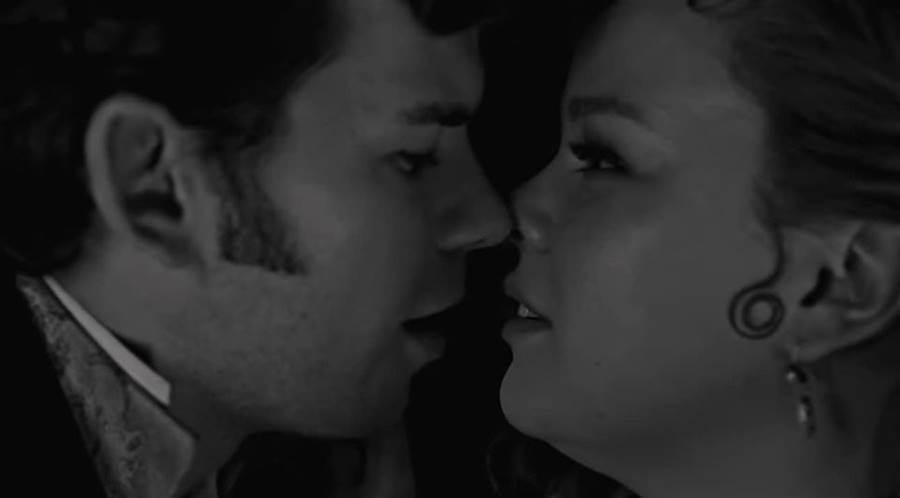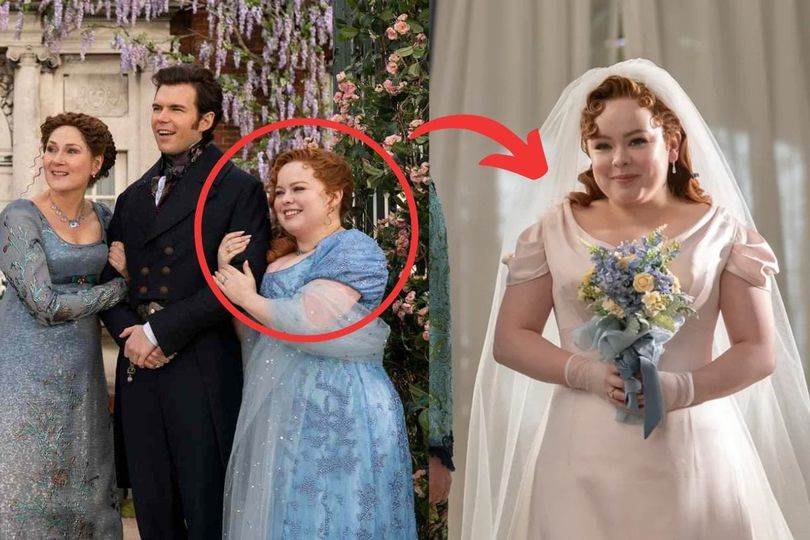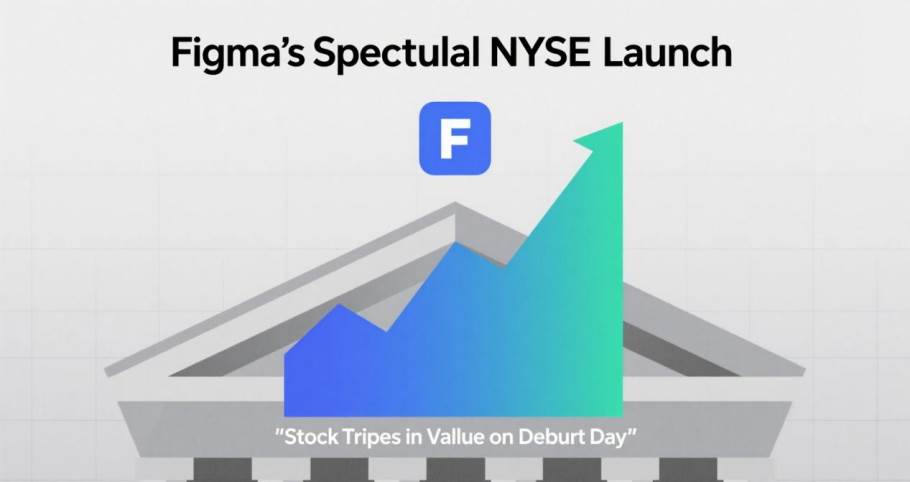Julie Andrews' Lady Whistledown Get Revealed: Bridgerton Season 3 Ending Explained by Showrunner
The Dilemma of Lady Whistledown's Future
As Bridgerton season 3 concludes, fans are left buzzing with questions and anticipation. The season’s ending brings a significant twist: Penelope Featherington, portrayed by Nicola Coughlan, unveils her true identity as the elusive Lady Whistledown. This revelation not only shakes the ton but also raises questions about the future of Julie Andrews' iconic narration. Showrunner Jess Brownell has shed light on this, hinting at the intricate decisions that lie ahead.
Penelope's Journey to Self-Discovery
Throughout the series, Penelope has been a character shrouded in mystery and complexity. Her alter ego, Lady Whistledown, has been her shield and her sword, allowing her to navigate the treacherous waters of Regency-era London with anonymity. Season 3, however, marks a turning point. Penelope’s journey of self-discovery and acceptance culminates in her decision to reveal her secret to the world. This bold move signifies her growth and newfound confidence, but it also means the end of Lady Whistledown as we know her.
Brownell, in an interview with TheWrap, discussed the implications of this development. “It’s Julie Andrews — I’m obsessed with her. I would hate to lose her from the show,” she said, reflecting the sentiment of countless fans. Andrews' narration has been a cornerstone of Bridgerton, her voice embodying the wit and charm of Lady Whistledown. As Penelope steps into the light, the show faces a dilemma: how to honor Andrews' contribution while staying true to the narrative's evolution.

The Showrunner's Perspective
Jess Brownell's comments reveal the delicate balance the show's creators must strike. “While she is, in many ways, the voice of Penelope when she was trying to hide herself, I also think she’s just become so iconic as the voice of Lady Whistledown,” Brownell noted. The challenge now is to integrate this iconic voice in a way that aligns with the story’s progression.
The article is not finished. Click on the next page to continue.
The article is not finished. Click on the next page to continue.




















